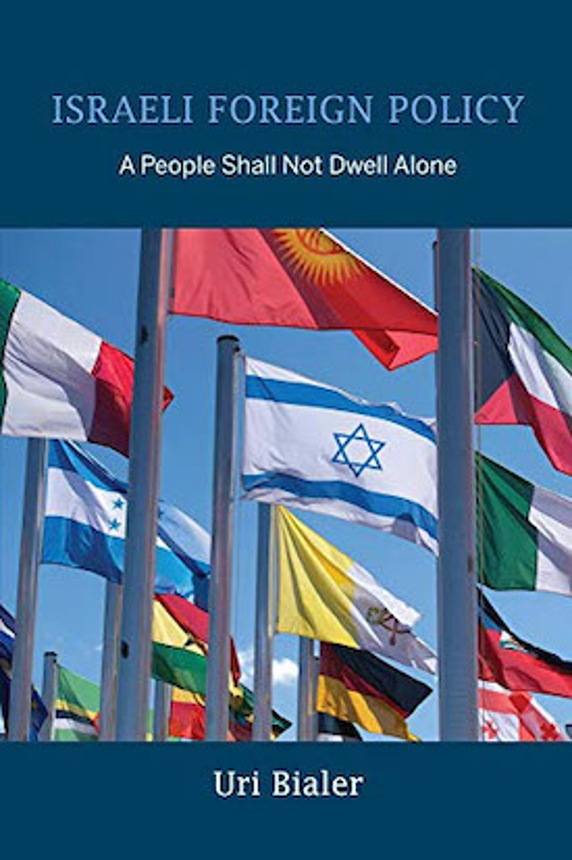Australia/Israel Review
Biblio File: From State-building to Statecraft
Aug 26, 2021 | Efraim Inbar
 Israeli Foreign Policy: A People Shall Not Dwell Alone
Israeli Foreign Policy: A People Shall Not Dwell Alone
by Uri Bialer
Indiana University Press, 2020, 356 pp. A$74.09.
Uri Bialer, an expert on Israel’s foreign policy, particularly its first decades, offers an account of Israel’s foreign affairs in terms of the state’s political, economic, and social life.
He starts by reviewing diplomacy in the pre-state era and during the 1948 War of Independence, when diplomacy was critical to facilitate immigration – the raison d’être of the Jewish state. The Zionist movement understood this and developed sophisticated diplomatic skills. This formative period emphasised ingenuity and audacity, and according to Bialer, a “great deal of tactical pragmatism” accompanied by a determination not to give in to international pressures on important issues: Jerusalem, refugees, and borders.
Discussing Israel’s efforts to procure energy resources, Bialer relates the successful attempts to get around a market dominated by Arab oil producers, with Iran eventually becoming the Jewish state’s main supplier. He, however, fails to mention that an Iranian guarantee to substitute for the loss of the Sinai oilfields was key to Israel signing the 1975 Sinai Disengagement Agreement, which eventually led to the 1979 peace treaty between Israel and Egypt. Israel’s oil relations during the 1980s with Mexico are also not mentioned, despite the fact that these preoccupied Israel’s decision-makers at the time.
In other chapters, Bialer examines Israel’s efforts to bring Jews to Israel from Eastern Europe while delicately manoeuvring vis-à-vis the Soviet Union. He writes that Jerusalem also understood that the United Nations was a “problem and even a potential threat” as it took no action to implement its own partition plan but adopted positions reversing Israel’s battlefield successes, contributing to the entrenchment of Israeli Realpolitik. He also explores in great detail Israel’s tactical manoeuvring in defying US preferences on the nuclear issue.
Bialer’s discussion of peace with Egypt is particularly instructive as he deftly describes the Egyptian state-imposed barriers to normalisation with the Jewish state; despite a four-decades-old peace treaty and significant strategic ties, Cairo remains unwilling to allow people-to-people interactions with Israel.
Israel’s exit from isolation cannot be explained as simply a function of a start-up nation with knowledge valuable to other countries. Bialer ignores other systemic factors: a unipolar system where Israel allies itself with the hegemonic power; the changes in the international energy market negatively affecting the power of the Arab bloc; and the rise of revolutionary Islamist Iran.
Bialer lacks a clear cut-off date for his account and more recent years are sketchy. For example, he focuses on the Oslo process, which collapsed in 2000, but disregards the 1991 Madrid Conference, which brought many Arab countries to the negotiating table with Israel.
Despite this, Israeli Foreign Policy provides a wealth of information and sophisticated analysis by an author with masterful command of the literature. It is highly recommended for anyone interested in how Israel has met tremendous international challenges.
Prof. Efraim Inbar is President of the Jerusalem Institute for Strategy and Security. Previously, Prof. Inbar was the founding director of the Begin-Sadat Centre for Strategic Studies, a position he held for 23 years (1993-2016), and a professor of political studies at Bar-Ilan University. He has authored five books and edited 14 collections of scholarly articles on issues related to Israeli strategic doctrine and national security issues. Reprinted from Middle East Quarterly. © Middle East Forum, reprinted by permission, all rights reserved.
Tags: Israel, Middle East






